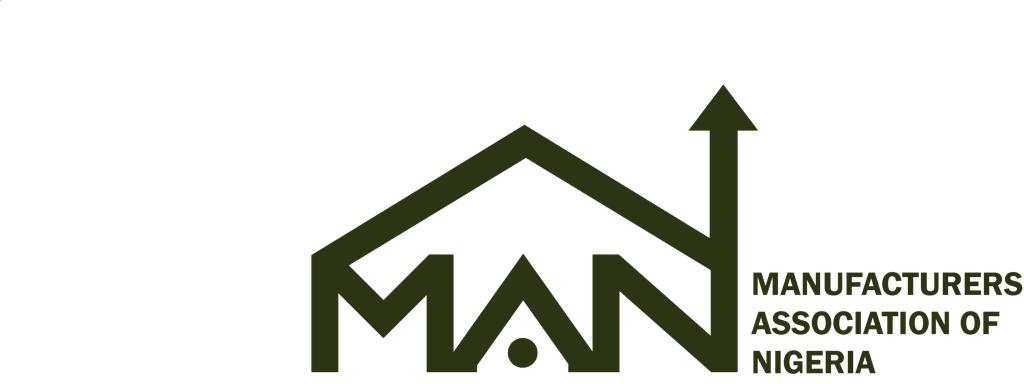Nigeria’s electricity distribution companies (Discos) reported a total revenue of approximately N3.95 trillion between 2019 and the first quarter of 2024, according to data from the National Bureau of Statistics.
The data indicated a steady increase in revenue over this period, with Discos earning N482.6 billion in 2019, N526.8 billion in 2020, N761.2 billion in 2021, N828.1 billion in 2022, N1.07 trillion in 2023, and N291.6 billion in Q1 2024, according to The Punch.
Industry experts attribute this consistent growth to factors such as ongoing tariff adjustments aimed at achieving cost-reflective pricing, allowing the Discos to better match revenue with the cost of electricity provision.
The National Mass Metering Programme has also played a significant role by increasing the number of metered customers, reducing reliance on estimated billing and improving revenue accuracy.
The program has also helped reduce Aggregate Technical, Commercial, and Collection (ATC&C) losses, which have long been a challenge in the sector.
Additionally, enhanced regulatory oversight and the adoption of modern billing and collection technologies have streamlined processes, minimized revenue leakages, and improved collection efficiency.
However, despite this revenue growth, the Discos face significant challenges, including high unpaid bills, electricity theft, infrastructure deficits, and energy losses.
These issues have hindered the Discos’ ability to fully capitalise on the potential of Nigeria’s electricity market.
Reacting to the report, President of the Nigeria Consumer Protection Network, Kunle Olubiyo, expressed concerns about the efficiency of the Discos and called for urgent reforms.
Olubiyo on Friday, criticized the power distributors for failing to meet their pre-privatisation commitments to meter customers. Despite improvements in collection and billing efficiency, he argued that the Discos have largely fallen short of their obligations.
“We cannot score the Discos more than five per cent. In terms of complaints resolution, they lack the software to track issues and have failed woefully in conflict resolution,” he said.
Olubiyo further highlighted the inadequacies of the Discos despite significant investments in the firms by the government and the Central Bank of Nigeria aimed at network improvements.
Olubiyo also raised concerns about the implementation of the Federal Government’s National Mass Metering Programme, accusing some meter vendors and Discos of conspiracy.
“Many of the customers listed as metered were not metered. The idea was to attach GPS coordinates to every metered point as a precondition for metering, but this was not done,” the NCPN president stated.
Olubiyo criticized the government’s ongoing intervention, which involves funding the importation and installation of two million meters annually using public funds. He questioned the essence of privatization, arguing that such measures undermine the purpose of handing over the power sector to private entities.
He also pointed out instances where governance or liquidity issues have forced Discos into receivership, with interim management teams being appointed by the Bureau of Public Enterprises (BPE) to stabilize the companies.
However, he noted that the effectiveness of these interventions was often undermined by internal politics and job insecurity among Disco management.
“We’ve seen board chairmen abruptly remove MDs in Abuja, Port Harcourt, and several other Discos,” Olubiyo added, emphasising the precariousness of the situation.








